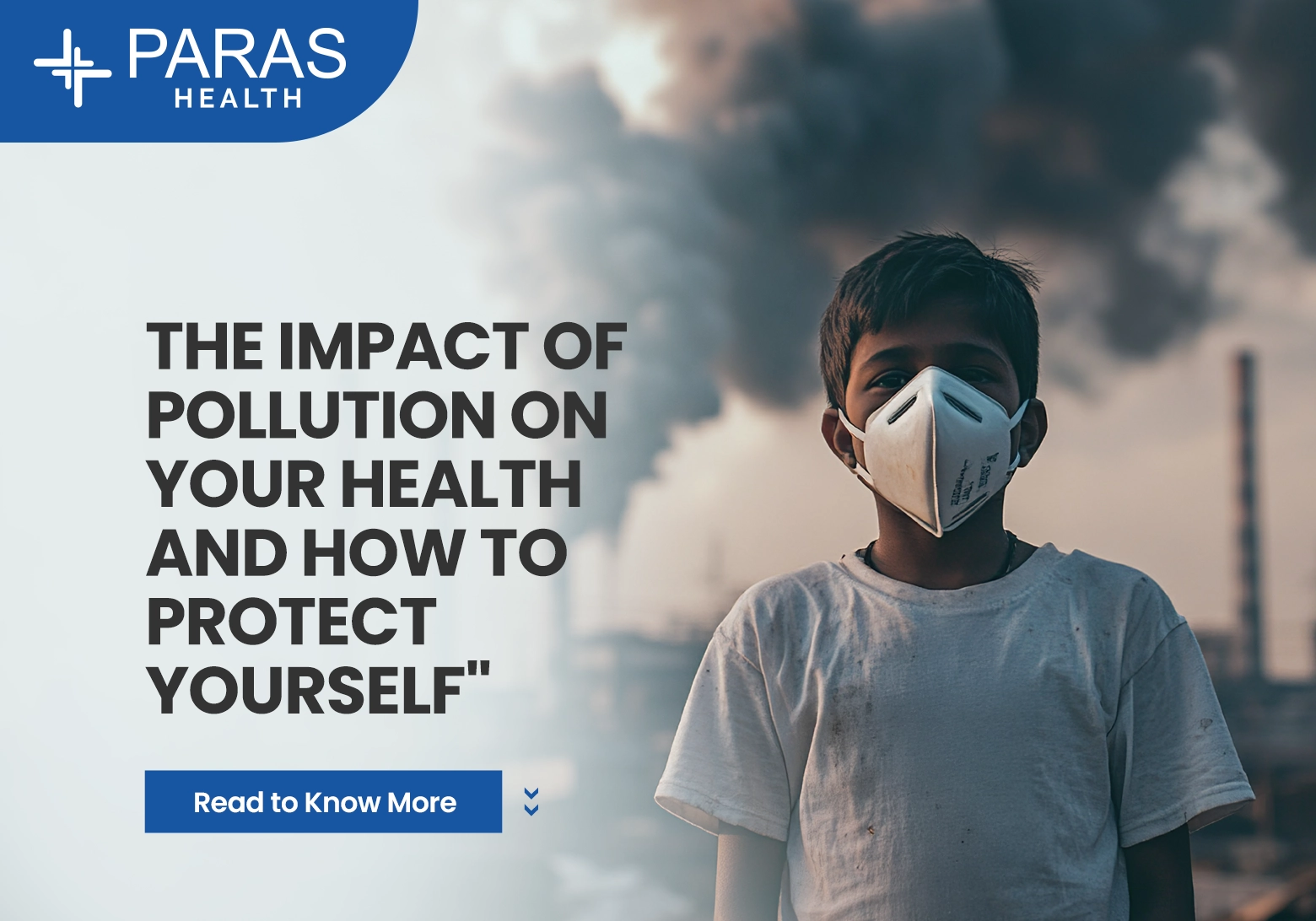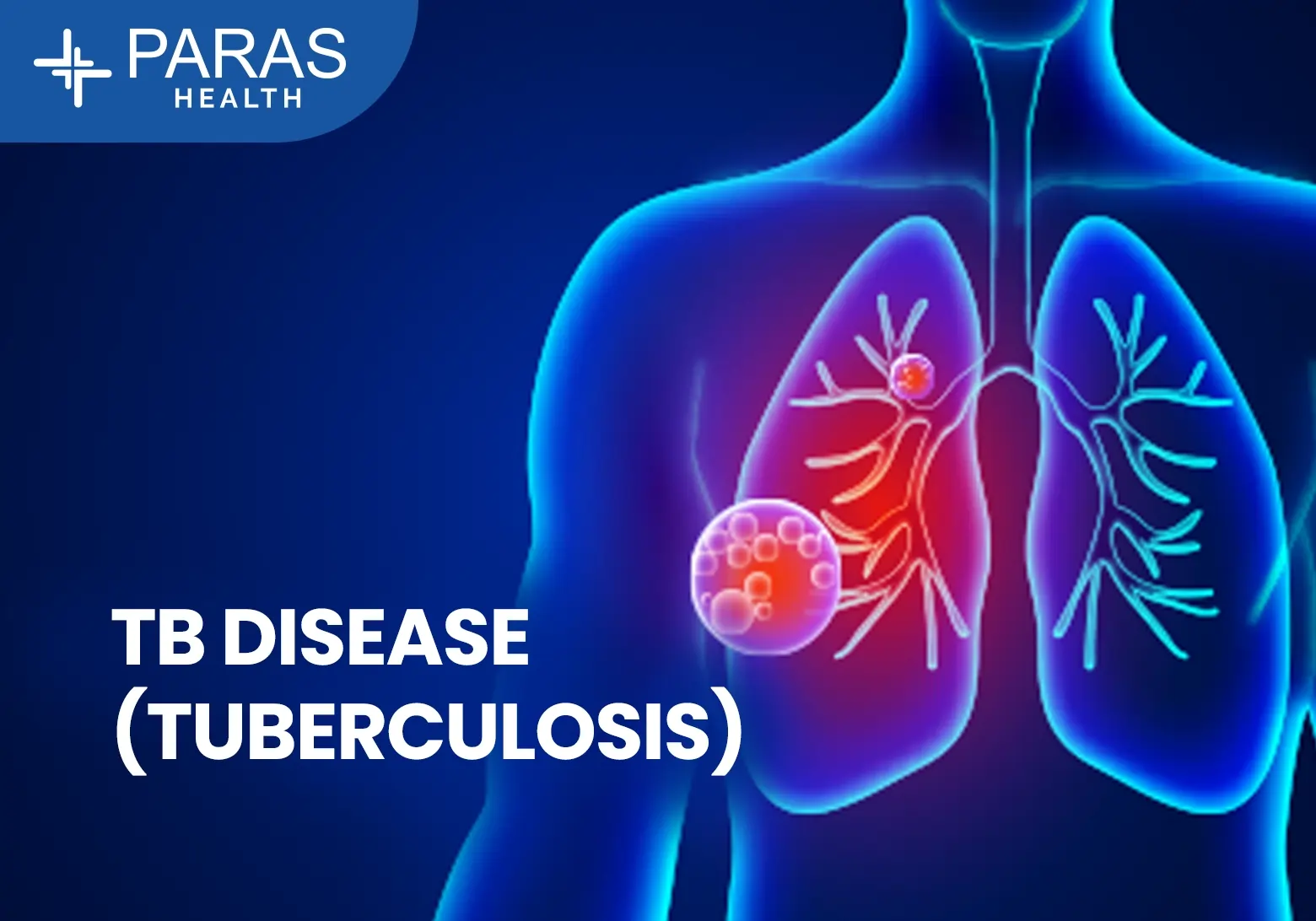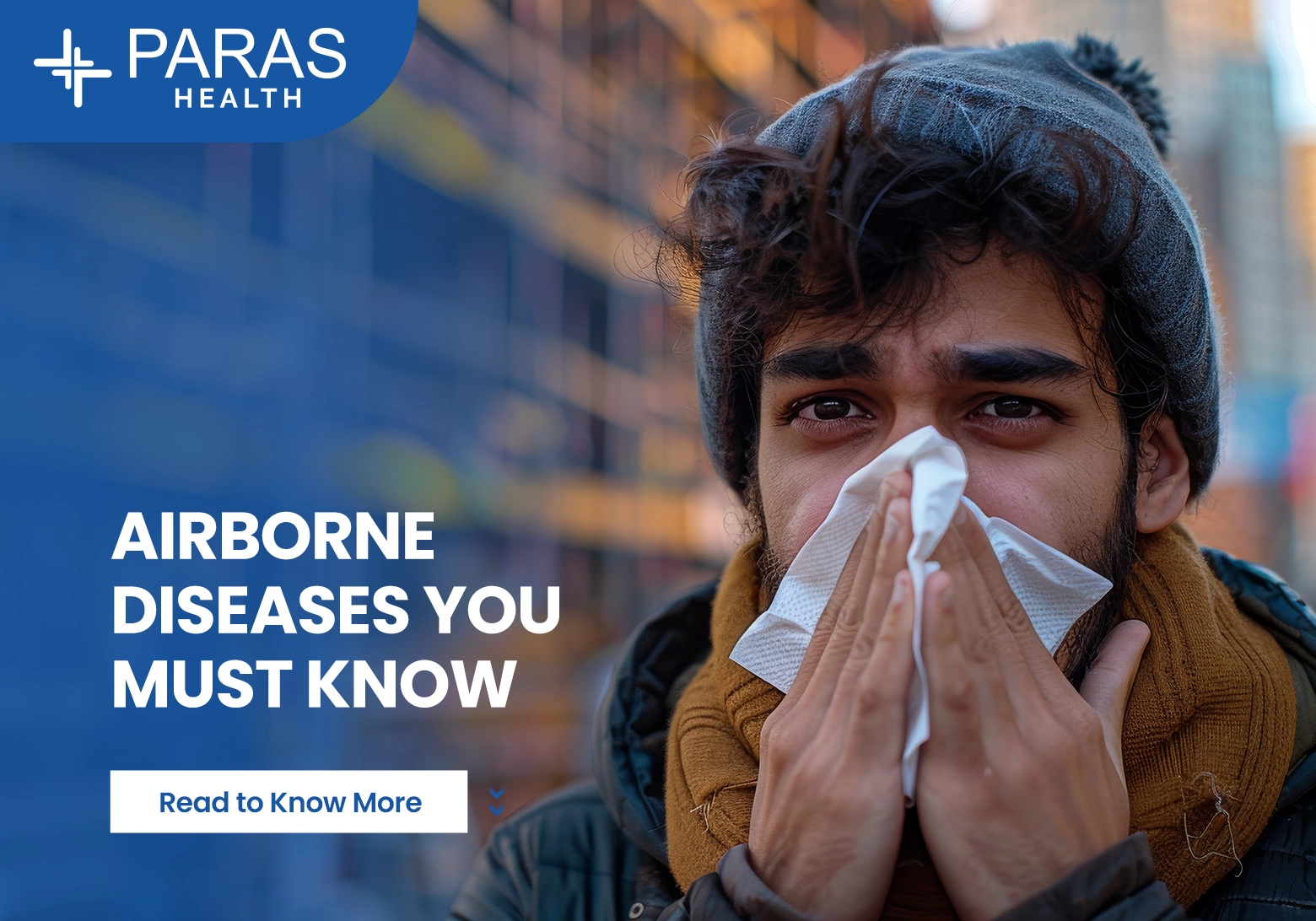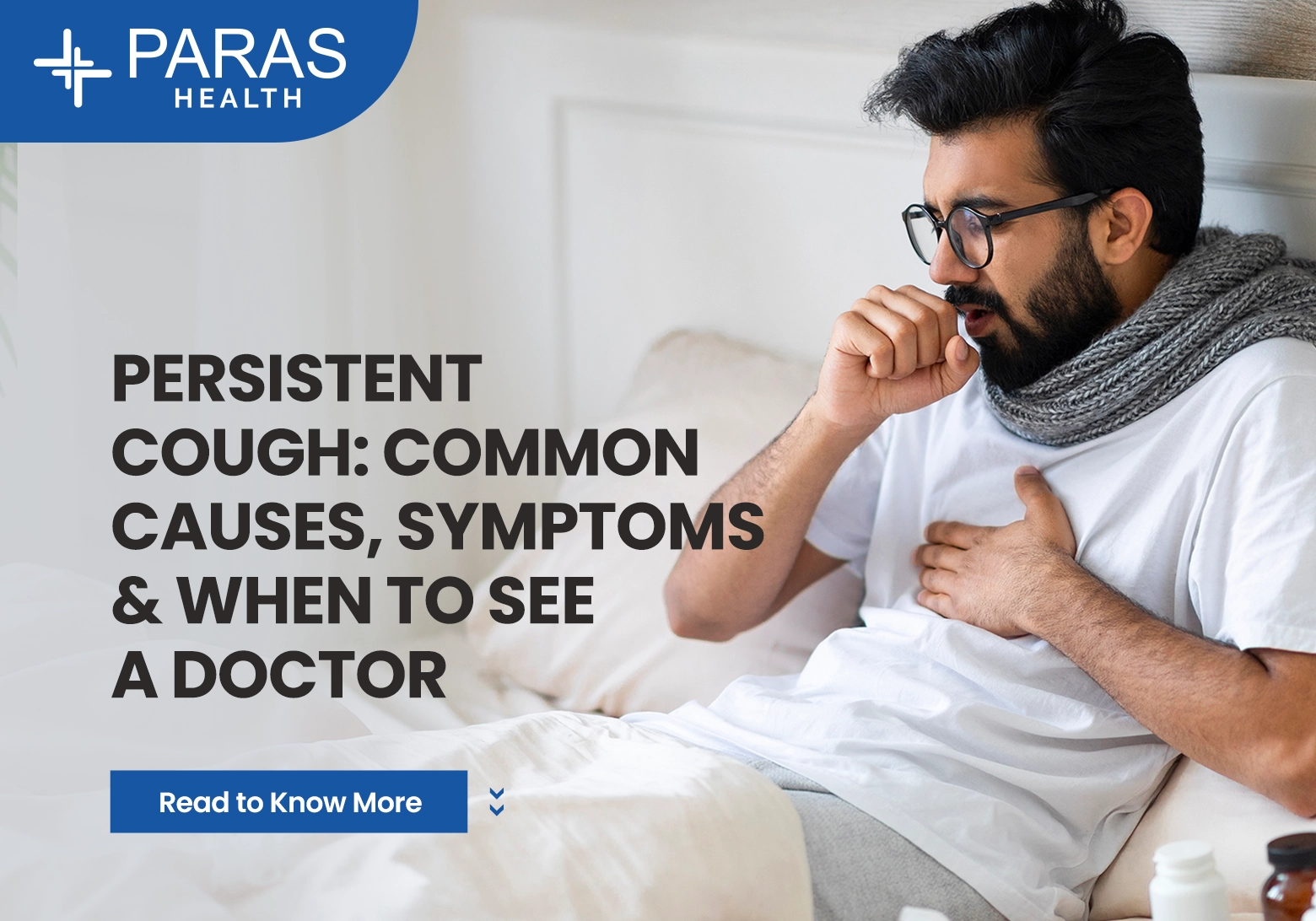The Impact of Pollution on Your Health and How to Protect Yourself
Sep 30, 2025
Introduction – What is Pollution?
Pollution is the introduction of harmful substances into our environment that disrupt the balance of nature and cause harm to human health, animals, plants, and the planet itself.
It comes in many forms:
- Air pollution
- Water pollution
- Soil pollution
- Noise pollution
- Light pollution
- Radioactive pollution
While all types of pollution are dangerous, air pollution is the most immediate threat because it affects us with every breath we take. We can avoid contaminated water by using filters, or reduce noise with earplugs, but escaping polluted air is nearly impossible.
Pollution has been a growing concern since the Industrial Revolution in the 18th century, when coal burning and factory emissions began filling the air with smoke. Today, with billions of vehicles, industries, and modern lifestyles, the problem has multiplied many times over.
According to the World Health Organization (WHO), 9 out of 10 people worldwide breathe polluted air, and it causes an estimated 7 million premature deaths every year. Clearly, this is not just an environmental issue—it’s a public health crisis.
What is Air Pollution?
Air pollution happens when the air is contaminated with harmful gases, smoke, and fine particles that make it unsafe to breathe.
These pollutants can be:
- Natural (like volcanic eruptions or forest fires)
- Man-made (like industrial smoke and vehicle emissions)
The severity of air pollution is measured through the Air Quality Index (AQI), which classifies air as good, moderate, unhealthy, or hazardous.
In simple words: Air pollution is dirty air filled with harmful substances that damage health and the environment.
Causes of Air Pollution
Air pollution has many sources. Some are natural, but most are caused by human activities.
Industrial Smoke and Factory Emissions
Factories release gases such as carbon monoxide, sulfur dioxide, and nitrogen oxides. Industries like cement, steel, and chemicals are major contributors.
Vehicle Emissions
Cars, buses, trucks, and two-wheelers running on petrol and diesel release toxic fumes. Vehicle smoke is one of the biggest sources of PM2.5 and PM10 in Indian cities like Delhi, Patna, Kanpur, Lucknow, and Gurugram.
Burning of Fossil Fuels
Coal, oil, and natural gas used in power plants and homes release harmful greenhouse gases like carbon dioxide and methane.
Agricultural Activities
Stubble burning in Punjab, Haryana, and UP releases huge smoke clouds. Pesticides and fertilizers also release chemicals into the air.
Construction and Mining
Dust from construction and mining activities worsens AQI in rapidly growing cities.
Household Pollution
Burning wood, coal, or cow dung for cooking, plus incense sticks, mosquito coils, and aerosol sprays, add to indoor pollution.
Festivals and Fireworks
Fireworks during Diwali and New Year worsen smog and respiratory issues.
Natural Causes
Volcanic eruptions, sandstorms, and wildfires—though less frequent—also pollute air.
Together, these sources create a toxic mix that makes air unfit for breathing.
Effects of Air Pollution
On Human Health
- Short-term: Eye irritation, headaches, throat infections, reduced visibility
- Long-term: Asthma, chronic bronchitis, lung cancer, strokes, heart attacks
- Children: Weaker lungs, reduced learning ability, frequent illnesses
- Pregnancy: Premature birth, low birth weight, developmental problems
- Premature deaths: Millions die early due to constant exposure
On the Environment
- Smog: Thick smoke and fog reduce visibility and choke cities like Delhi NCR
- Acid Rain: Damages crops, soil, and infrastructure
- Ozone Depletion: Increases harmful UV exposure
- Climate Change: Greenhouse gases trap heat, fueling global warming
- Biodiversity Loss: Plants, birds, and animals suffer due to polluted air
Simply put: air pollution harms humans, nature, and the planet.
Measuring Air Pollution – AQI and Pollutants
Air Quality Index (AQI) Levels
- 0–50: Good – Minimal risk
- 51–100: Moderate – Acceptable for most
- 101–200: Unhealthy for sensitive groups
- 201–300: Unhealthy for all
- 301–400: Very unhealthy
- 401–500: Hazardous – Emergency level
Common Pollutants Measured
- PM2.5 and PM10 – Dust and fine particles that damage lungs
- Carbon Monoxide (CO) – Poisonous gas from burning fuel
- Nitrogen Dioxide (NO₂) – From vehicles and industries
- Sulfur Dioxide (SO₂) – From coal and oil
- Ground-level Ozone (O₃) – Formed from chemical reactions in sunlight
AQI levels rise sharply during winters in Delhi, Patna, Kanpur, Lucknow, Ghaziabad, and Gurugram, often reaching “hazardous” levels.
Solutions to Air Pollution
What Individuals Can Do
- Use public transport, metro, or carpool
- Switch to clean fuels like LPG or induction cooktops
- Avoid burning plastics and waste
- Use air purifiers at home in polluted cities
- Plant trees in communities and schools
- Reduce use of aerosols and sprays
What Governments Should Do
- Enforce stricter laws for factories and construction
- Expand renewable energy (solar, wind)
- Ban single-use plastics
- Improve waste management and recycling
- Encourage green farming and discourage stubble burning
- Implement traffic rules like odd-even schemes
Global Initiatives
- Paris Climate Agreement – Targets to reduce greenhouse gases
- International Day of Clean Air (UN) – Spreading awareness
- WHO Guidelines – Setting safe air standards
Together, personal action + government policy + global cooperation can fight air pollution.
How to Stay Safe from Air Pollution
Personal Protection
- Check AQI daily before going out
- Wear N95 or N99 masks in polluted areas
- Avoid outdoor workouts during smog or rush hours
Indoor Safety
- Keep windows shut when AQI is poor
- Use air purifiers to filter harmful particles
- Grow indoor plants like snake plant, aloe vera, areca palm
- Avoid indoor smoke (incense, mosquito coils, sprays)
Lifestyle Choices
- Stay hydrated to flush out toxins
- Eat antioxidant-rich foods like fruits, turmeric, and green tea
- Exercise indoors (yoga, treadmill) on high-pollution days
- Schedule regular health check-ups, especially for asthma/heart patients
Small steps at home + smart lifestyle choices = big protection against pollution.
Key Facts and Sources
- WHO: 7 million premature deaths yearly from air pollution
- UNEP: Cutting air pollution could slow global warming by 0.5°C by 2050
- Greenpeace: Children suffer the most from air pollution
- NASA: Pollution affects rainfall and global weather patterns
- CPCB (India): Monitors AQI in major Indian cities daily
Air pollution is not only a health issue—it also causes economic losses worth billions each year due to hospitalizations and lost productivity.
FAQs
What is pollution?
Pollution is the contamination of air, water, or soil by harmful substances that harm human health, plants, animals, and disturb the natural balance of the environment.
What is air pollution?
Air pollution is when harmful gases, smoke, and fine particles mix in the air, making it unsafe to breathe and causing serious health and environmental damage.
What are the causes of air pollution?
The main causes include vehicle emissions, industrial smoke, burning fossil fuels, stubble burning, household smoke, fireworks, construction dust, and natural events like forest fires.
What is AQI in air pollution?
AQI stands for Air Quality Index. It measures how clean or polluted the air is, using levels from good to hazardous for public safety.
What is PM2.5?
PM2.5 refers to fine particulate matter smaller than 2.5 microns that enters lungs, causes breathing issues, and increases risks of heart, lung, and brain diseases.
How does air pollution affect humans?
Air pollution causes asthma, chronic lung problems, strokes, heart attacks, fatigue, headaches, and increases the risk of premature death due to long-term health damage.
Which diseases are linked to air pollution?
Common diseases include asthma, COPD, lung cancer, chronic bronchitis, cardiovascular problems like stroke and hypertension, and even neurological issues such as dementia and depression.
Why is smog harmful?
Smog is a toxic mix of smoke and fog. It reduces visibility, irritates eyes and throat, and makes breathing difficult, especially for children and elderly.
Can indoor air be polluted?
Yes. Indoor pollution comes from smoking, incense sticks, mosquito coils, cooking smoke, aerosol sprays, poor ventilation, and dust accumulation, which can severely affect long-term health.
How to reduce air pollution at home?
Use clean cooking fuels, avoid burning plastics, grow indoor plants, reduce sprays and incense, use exhaust fans, and keep homes well-ventilated with natural airflow.
Can air purifiers help against pollution?
Yes, air purifiers reduce indoor dust, allergens, pollen, and harmful PM2.5 levels, providing cleaner air indoors, though they cannot solve outdoor air pollution.
How does air pollution cause climate change?
Air pollution releases greenhouse gases like carbon dioxide and methane, trapping heat in the atmosphere, causing global warming, rising temperatures, and extreme climate conditions.
Can trees reduce pollution?
Yes, trees act as natural air filters by absorbing carbon dioxide, releasing oxygen, and trapping dust particles, helping improve air quality and reduce pollution.
What is the role of government in reducing pollution?
Governments should enforce emission laws, promote renewable energy, discourage stubble burning, improve waste management, support green farming, and implement stricter vehicle pollution control policies.
Which organizations work on air pollution?
Major organizations include the World Health Organization (WHO), UNEP, Greenpeace, NASA, and India’s CPCB, all working actively to monitor and reduce air pollution globally.
Conclusion
Pollution in all its forms harms life, but air pollution is the most urgent challenge because it affects every breath we take. It weakens health, damages the environment, and drives climate change.
The good news is: solutions exist—switching to clean fuels, adopting renewable energy, planting trees, stricter laws, and better habits at home.
At Paras Health, we emphasize prevention and awareness. Together, individuals, communities, and governments can make sure that clean air is not a privilege but a basic human right.
Because at the end of the day, clean air is life itself.






.webp)



